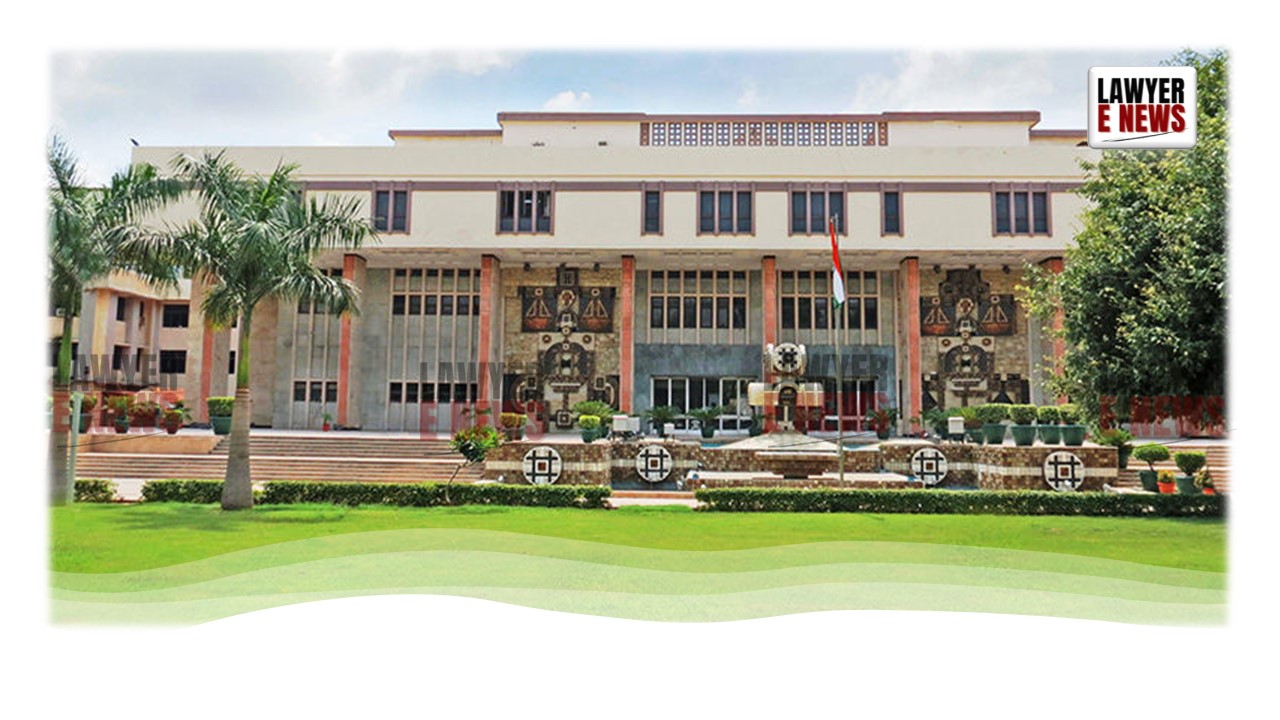-
by Admin
15 February 2026 2:16 AM



Delhi High Court, in the case Ranjeet Kumar Thakur v. Union of India & Ors., issued a significant ruling addressing the recording of advocates' appearances in district court order sheets. Justice Sanjeev Narula presided over the matter, in which the petitioner, an advocate, raised concerns about the repeated omission of his name in order sheets at the Patiala House Court despite his participation in the proceedings.
The petitioner, Ranjeet Kumar Thakur, a practicing advocate and member of the New Delhi Bar Association, approached the Delhi High Court seeking redress against the exclusion of his name from court orders. He had appeared in multiple proceedings but found his name missing from the official records, which caused him professional setbacks. The lack of proper recording was particularly critical as such records often serve as a prerequisite for eligibility in Bar Association elections and chamber allotments.
The respondents, including counsel representing the Bar Council of Delhi (BCD) and other relevant parties, countered the petitioner's claims. They submitted that the Patiala House Court was indeed recording the attendance of advocates, as confirmed by the Principal District and Sessions Judge.
The core issue before the court was whether the current system adequately ensured that advocates' appearances were consistently and accurately recorded in district court proceedings. The court found merit in the petitioner's argument that a standardized system for recording advocates' appearances was essential, not only for professional recognition but also for ensuring transparency in judicial proceedings.
Justice Narula highlighted that the absence of uniformity across district courts in Delhi was a cause for concern. Acknowledging that accurate record-keeping forms the basis for several professional entitlements, including participation in bar elections and chamber allotments, the court deemed it necessary to establish a formalized process.
The Delhi High Court ruled in favor of the petitioner and directed the Principal District and Sessions Judge (Headquarters) to implement a standardized system across all district courts in Delhi. The court recommended the adoption of systems akin to the "drop-box" used for advocates appearing in person or the "chat box" used during video conferencing at the High Court of Delhi, ensuring that advocates' names are properly recorded in all future proceedings.
The case underscores the importance of maintaining transparent and uniform practices within the judiciary to safeguard the professional rights and interests of advocates.
The petition was disposed of with the court mandating the immediate rectification of discrepancies in recording advocate appearances in district courts. This ruling sets a precedent for ensuring the professional recognition of advocates and promoting transparency in judicial processes.
Date of Decision: September 30, 2024
Ranjeet Kumar Thakur v. Union of India & Ors..
